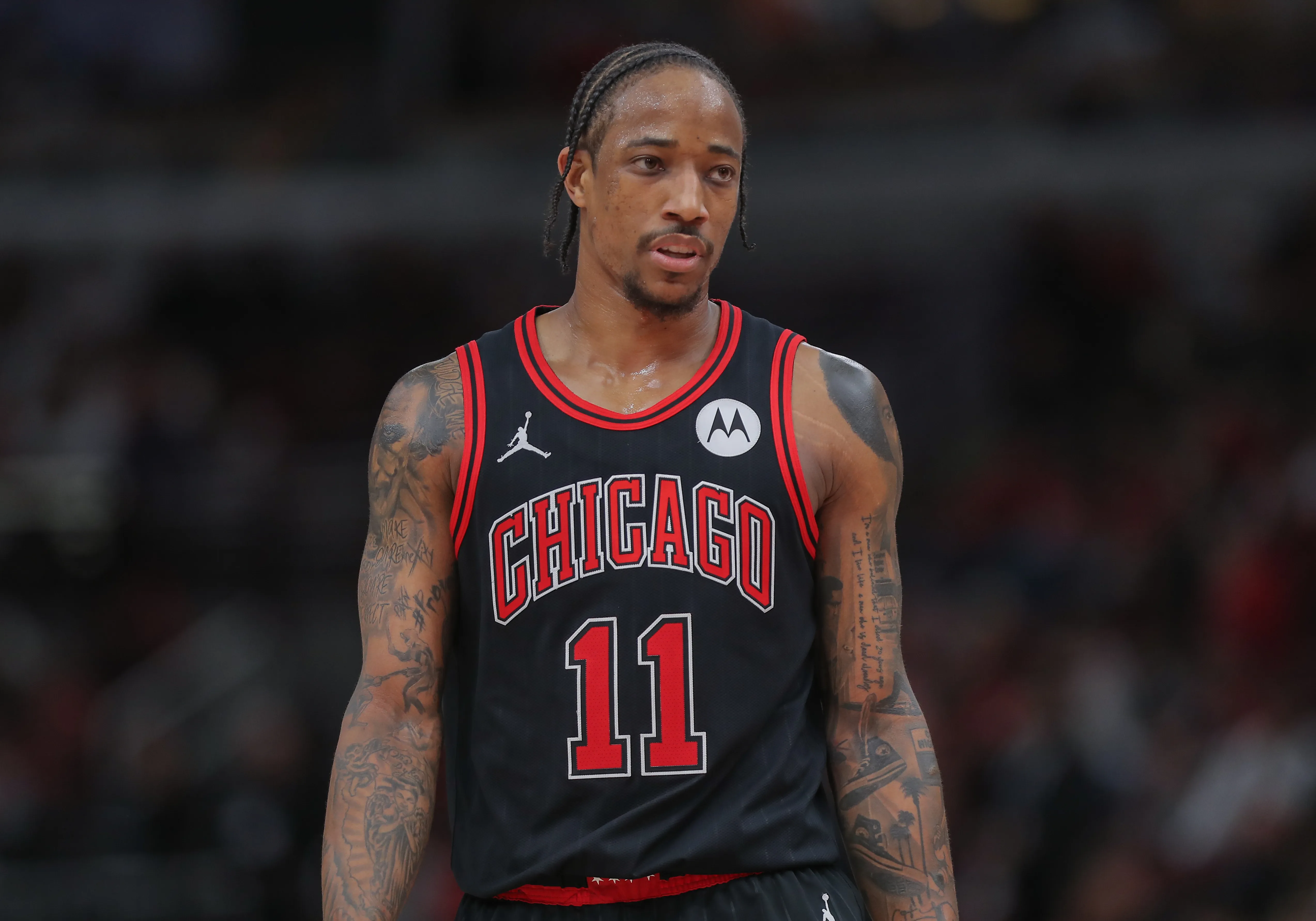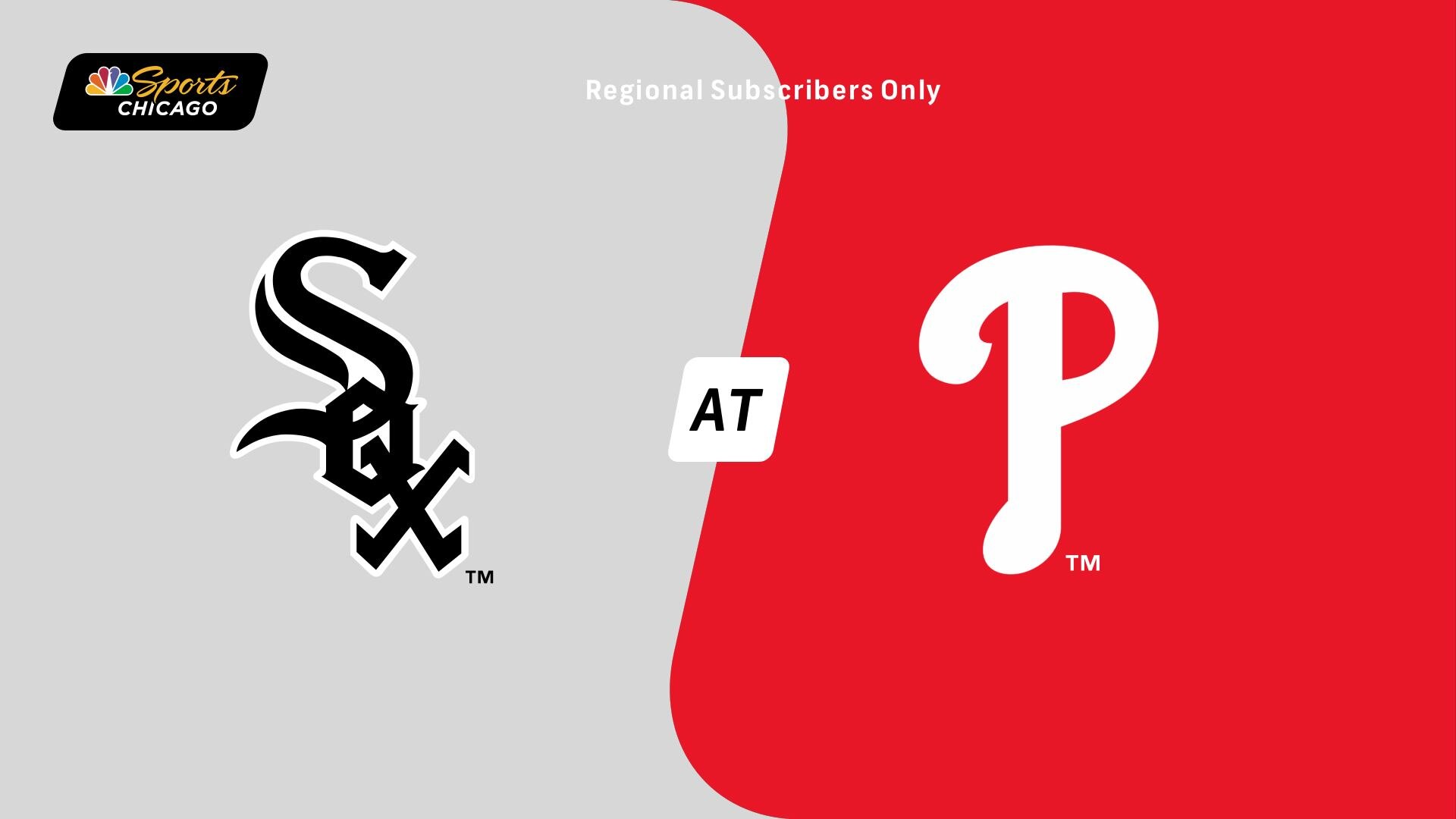
From the beginning of Matt Nagy’s tenure as Bears head coach, the question became not if Jordan Howard would be on his way out of Chicago, but rather when the three-year running back would be elsewhere, and how much he would bring in return, if anything. That matter was largely settled on Thursday when the Philadelphia Eagles gave the Bears a 2020 sixth-round pick for the two-time 1,000-yard back.
The deal rates as a win for general manager Ryan Pace, who began his roster makeover in 2015 with the trade of wide receiver Brandon Marshall to the Jets for a fifth-round pick – the same return Pace could net from the Howard deal if certain trade conditions are met and the pick moves up a round. Not a rich bounty, but a same-round return for a player qualifies as a rarity in the NFL, although a third-day draft pick speaks to how the league values less-than-elite running backs.
Pace also unloads what would have been a $2.025 million salary for a projected backup and gains cap space for anticipated contract extensions (Leonard Floyd, Cody Whitehair) or late moves for veteran free agents. Howard becomes eligible for unrestricted free agency after this season.
Stay in the game with the latest updates on your beloved Chicago sports teams! Sign up here for our All Access Daily newsletter.
Word of the Bears’ receptiveness to dealing Howard first surfaced this time last year with the Bears and Miami Dolphins linked in back-channel exploratory talks involving then-Dolphin wide receiver Jarvis Landry. The Bears were later approached in-season about giving up Howard, but by that point were themselves on a playoff trajectory and held onto Howard, who finished with 935 rushing yards and nine rushing touchdowns.
Howard had put in extra work to improve his pass-catching before last season. But his overall production declined each of the last two years from his rookie season:
| Year | Rushing yards | Yards per carry | Receptions |
| 2016 | 1,313 | 5.2 | 29 |
| 2017 | 1,122 | 4.1 | 23 |
| 2018 | 935 | 3.7 | 20 |
News
The Philadelphia landing spot for Howard is slightly curious only from the standpoint that the Eagles under coach Doug Pederson run an offense with similarities to that of Nagy and the Bears. No back has totaled more than Legarrette Blount’s 173 carries in any of Pederson’s three Philadelphia seasons.
Howard has had no fewer than his 250 carries in 2018 and has been established as a back who prefers and needs the kind of workload typically given to a true featured back. But the Eagles have had five different leading rushers over the last five seasons and presumably want dependability at least commensurate to ability.
Chicago-Philadelphia “pipeline”
The deal is the latest through a Bears-Eagles “pipeline” of sorts. The Bears last offseason traded defensive back Deiondre’ Hall to the Eagles, where Joe Douglas, Bears college scouting director when the Bears drafted Howard in 2016, is vice president of player personnel.
Hall and Howard rejoin wide receiver Alshon Jeffery, who left the Bears for Philadelphia on a one-year, $14 million contract as a free agent in 2017.
Bears wide receivers coach Mike Groh landed in Philadelphia (after the 2016 season with the Rams) in 2017 and is Eagles offensive coordinator. Cornerback Cre’von LeBlanc was released by the Bears last offseason and signed by the Eagles after a brief stopover in Detroit.
In a rare reverse-flow, tight end Trey Burton left Philadelphia for the Bears last offseason.
And now…?
The Bears have been expected to draft a running back to supplant Howard as the No. 1 back in Nagy’s offense. They had interest in former Kansas City running back Kareem Hunt before Hunt signed with the Cleveland Browns, and did sign Mike Davis from the Seattle Seahawks.
But Pace drafted a running back in round 4 or 5 in each of his first three drafts (Jeremy Langford 2015, Howard 2016, Tarik Cohen 2017) in addition to inheriting Ka’deem Carey (4th, 2014).
Before Howard, however, the Bears went 15 years without a leading rusher selected lower than a second round: Matt Forte (second, 2008, Cedric Benson, first, 2005), Thomas Jones (first, Arizona 2000), Anthony Thomas (second, 2001).
The Bears in the offense of Nagy and coordinator Mark Helfrich are not tethered to the concept of a main back. Nagy’s frequent comments through much of last season, that the Bears were still in search of an identity in their run game, made it amply apparent that the long-term identity would not involve Howard.
Click here to download the new MyTeams App by NBC Sports! Receive comprehensive coverage of the Bears.

